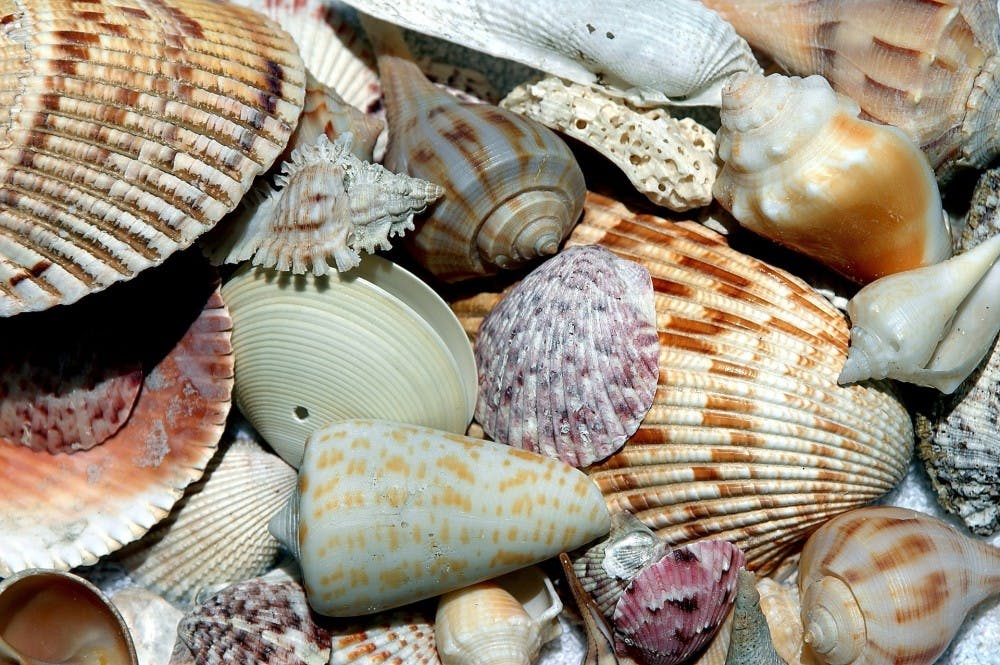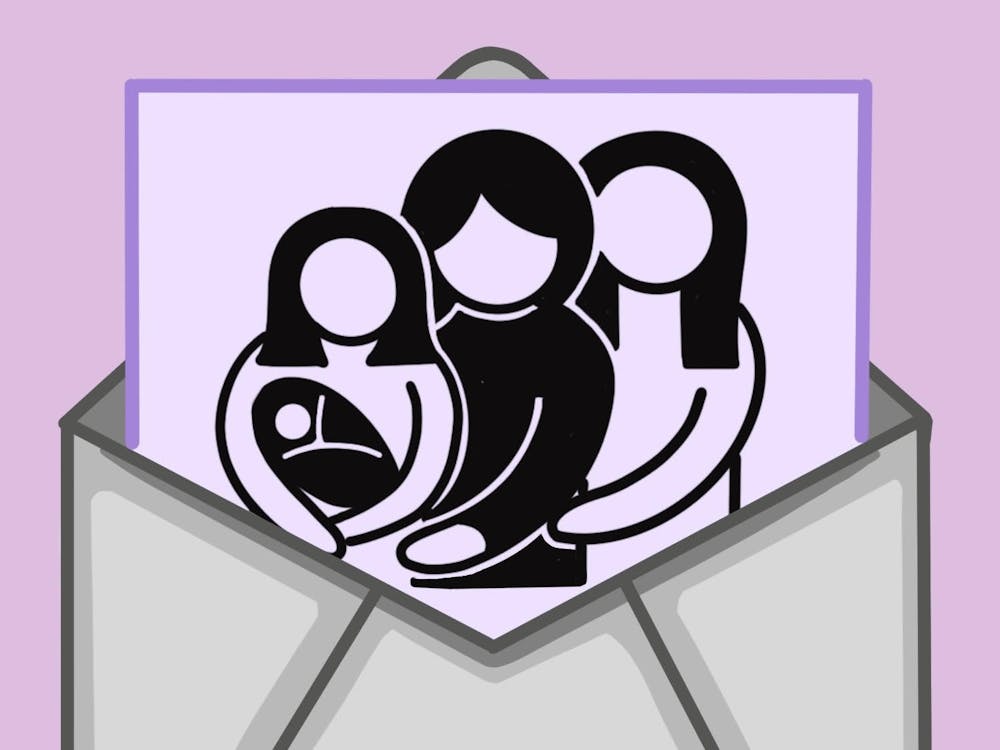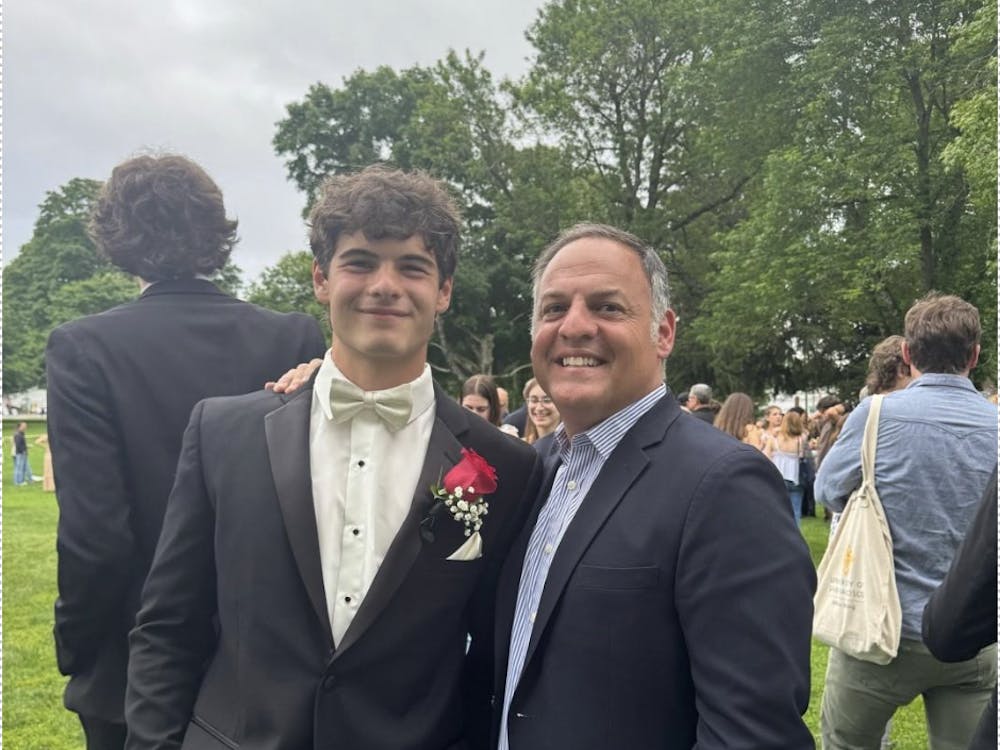
Here are the questions and answers, helpfully provided by the internet, that I found more pressing than the questions my professors had assigned this week:
Why do seashells sound like the ocean?
At some point in their lives, everyone seems to have thought that shells were somehow able to bottle up the sound of waves, even once they were no longer located in the water. I wish that this were the reason, because it would be nice and symbolic, but it’s not the case.
The sound has nothing to do with water. Instead, seashells just do the same thing that putting a cup over your ear would do. When the ear is surrounded by a shell or cup, ambient noise bounces around the structure that covers it. If you are in a loud area, the ocean’s sound will be louder. It depends on how much outside noise surrounds you, along with the size and shape of the shell. Additionally, if you put a seashell to your ear in a soundproof room, no noise will be heard.
Which came first, Coke or Pepsi?
Coke was invented first, but it began as an alcoholic beverage, not a soft drink. Dr. John Pemberton, a pharmacist from Georgia, developed French Wine Coca in 1885. The beverage was likely inspired by coca wine, a mixture of cocaine and wine, which had been developed in 1863. When parts of Georgia passed Prohibition legislation in 1886, Pemberton changed the makeup of his drink to exclude any alcohol. Now renamed Coca-Cola, Pemberton advertised the beverage as a patent medicine.
Pepsi was initially invented in North Carolina as Brad’s Drink in 1893 by Caleb Bradham. In 1898, Bradham switched the name to Pepsi-Cola, although pepsin was never included as an ingredient. Pepsi was also advertised as being a healthy drink during its early days.
It should also be mentioned that Coca-Cola offered to buy Pepsi-Cola (who declined the offer) three times between 1922 and 1933. The two companies have been competing in the ongoing “cola wars” for decades as a result.
Who decided to put pineapples on pizza?
It wasn’t anyone from Hawaii, even though Hawaiian pizza usually includes pineapples as a topping. The creator of pineapple pizza was actually Greek, and he invented the strange food hybrid in Canada. In 1962, Sam Panopoulos decided to put pineapples on pizza at his restaurant, well aware that it was not a common combination. Panopoulos was just experimenting to see if he could attract more customers. The pizza was not named after the state but after the brand of canned pineapple from which Panopoulos chose his fruit.
Who invented homework?
I wanted an answer to this so that I would know who to blame for the nights I’ve had to sacrifice sleep for a grade. In general, homework is not the most exciting way to spend your time.
It is difficult to pinpoint any one person who may have created such a general concept. The internet seems to believe that Italian educator Roberto Nevilis began giving his students take-home assignments in 1095. However, there is no definitive proof that this is the case or that Nevilis even existed.
The first obvious mention of homework in American history can be traced to California. In 1901, homework was essentially banned in California for children between kindergarten and eighth grade. But once the Cold War began and the Soviet Union began making headway in scientific fields, America changed its mind. Homework began to be reintroduced to the average American schoolchild, and it is now, unfortunately, an all too common staple of daily life.





